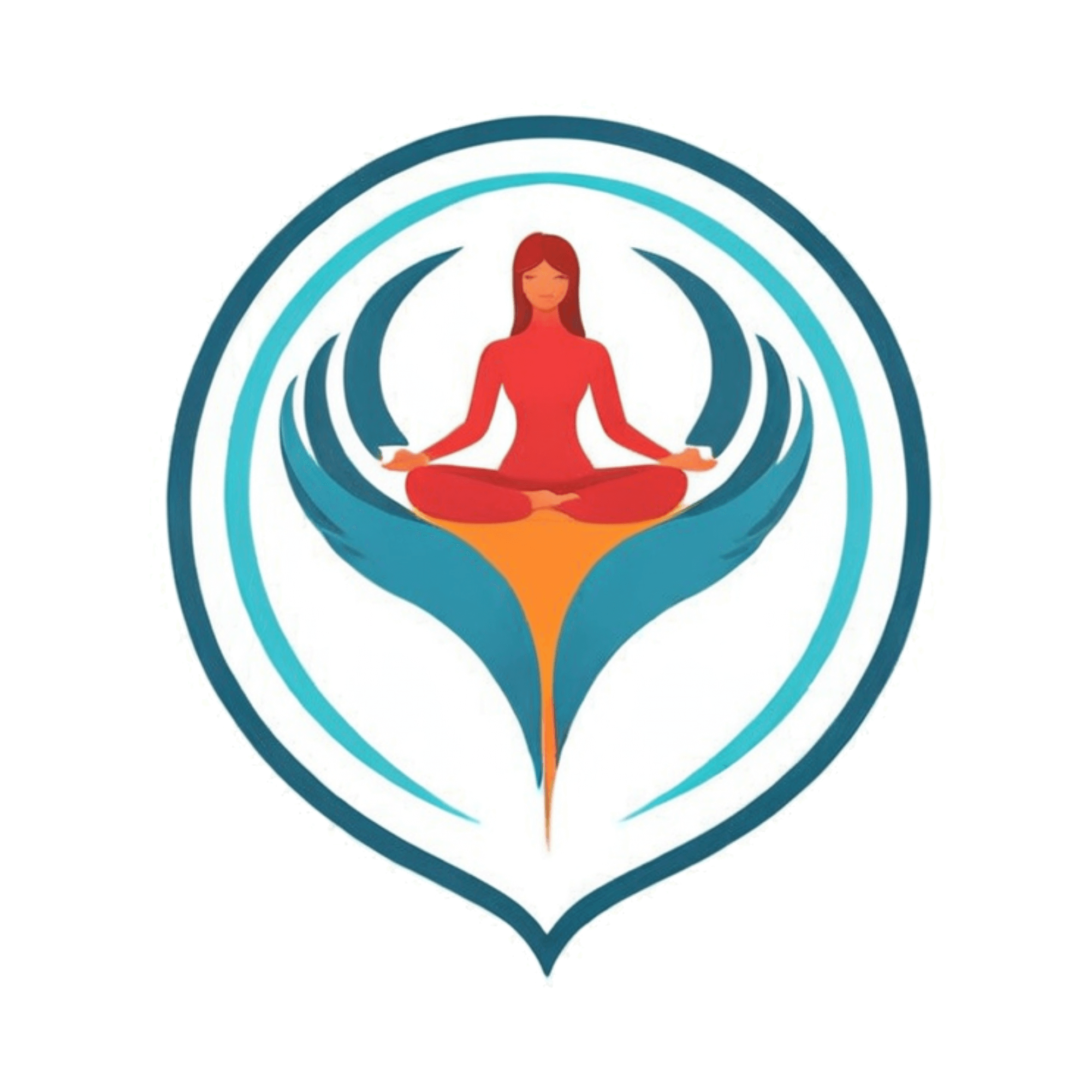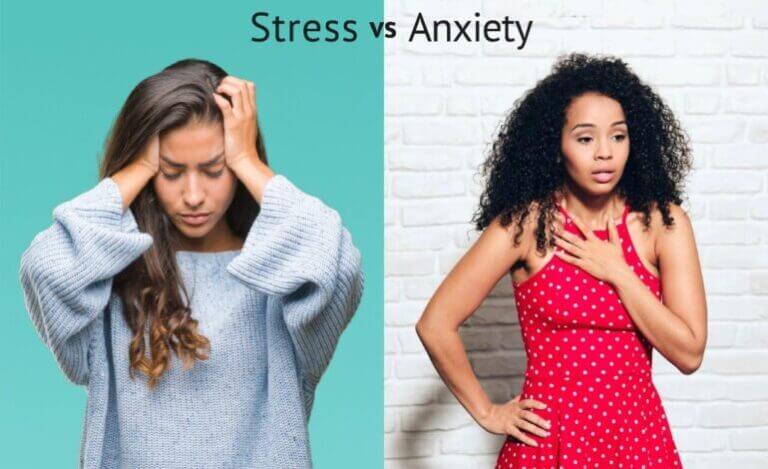How to define stress and anxiety? Stress and anxiety are terms commonly used in everyday life, often interchangeably. However, these terms describe different experiences, each with distinct causes, symptoms, and impacts on mental health. Understanding the difference between stress and anxiety is essential for effectively managing mental and emotional well-being.
1. What is Stress?
Stress is the body’s response to demands or challenges. This reaction is part of the “fight or flight” response, which triggers a release of hormones like adrenaline and cortisol to prepare the body to deal with threats. Stress can be positive, known as eustress, which may motivate us to complete tasks or perform well in high-pressure situations. Conversely, distress, or negative stress, can take a toll on mental and physical health if prolonged.
Symptoms of Stress
Stress affects people differently but generally produces a range of physical, emotional, and behavioral symptoms, including:
- Physical: Headaches, fatigue, muscle tension, increased heart rate.
- Emotional: Irritability, frustration, feelings of being overwhelmed.
- Behavioral: Difficulty concentrating, sleep issues, changes in appetite.
Why Do I Feel Stressed for No Reason?
Sometimes, people experience stress without a clear external cause. Subconscious thoughts, internalized expectations, or hormonal imbalances may contribute to stress without an apparent trigger. If you frequently feel stressed for no reason, it may be due to underlying factors, including genetics, past trauma, or even diet.
2. What is Anxiety?
Anxiety is a feeling of unease, worry, or fear that is often intense, persistent, and not always linked to an identifiable stressor. While mild anxiety is a natural part of life, chronic anxiety can interfere with daily activities and may be classified as an anxiety disorder when persistent and excessive.
Symptoms of Anxiety
Anxiety may present itself in physical, emotional, and behavioral ways, often similar to stress but typically more intense and longer-lasting:
- Physical: Increased heart rate, sweating, trembling, dizziness.
- Emotional: Constant worry, dread, irritability.
- Behavioral: Avoidance of situations, restlessness, sleep disturbances.

3. Stress vs. Anxiety: Are They the Same?
While stress and anxiety share similarities, especially in how they affect the body, they are distinct experiences.
- Is Stress and Anxiety the Same? No, they are not. Stress typically has an external cause (a deadline, a difficult conversation), whereas anxiety is more internal and can occur without a direct cause.
- Difference Between Stress and Anxiety:
- Triggers: Stress is usually caused by an external factor, while anxiety often arises without an identifiable trigger.
- Duration: Stress is generally short-term and linked to a specific situation, while anxiety can persist and is more pervasive.
- Physical vs. Emotional Focus: Stress often leads to physical responses, while anxiety includes physical symptoms but focuses more heavily on feelings of fear or worry.
4. The Connection Between Stress and Anxiety
Can Stress Lead to Anxiety? Yes, stress can sometimes develop into anxiety, especially when prolonged. For example, high-stress periods, like work deadlines or major life changes, may lead to an anxious mindset, where worry and dread become chronic.
- Can Stress Cause Anxiety? Repeated exposure to stress can influence brain chemistry and create anxiety patterns.
- Anxiety Caused by Stress: When stress is constant, it may result in anxiety disorders. People with a stress-heavy lifestyle may develop symptoms of generalized anxiety, even when stressors are removed.
- Can Stress Trigger Anxiety? Absolutely. Acute stress can exacerbate existing anxiety, causing heightened symptoms.
5. Stress and Mental Health
The impact of stress on mental health can be profound, especially if left unmanaged.
How Stress Affects Mental Health
Chronic stress contributes to numerous mental health challenges, including depression, anxiety disorders, and mood swings. Stress impacts brain regions responsible for emotional regulation, which can make managing emotions and thinking clearly more challenging.
Stress-Induced Anxiety
Stress-induced anxiety occurs when ongoing stress results in symptoms associated with anxiety. This overlap can lead to a cycle where stress creates anxiety, and anxiety then increases stress.
Is Stress a Mental Illness?
No, stress itself is not classified as a mental illness. It’s a response, and everyone experiences it. However, when stress becomes overwhelming, it may lead to mental health issues or exacerbate existing ones, making it essential to manage stress effectively.

6. Managing Stress and Anxiety
Effectively managing stress and anxiety is key to improving mental health and overall quality of life.
Self-Help Strategies for Reducing Stress and Anxiety
Here are some effective techniques for managing these responses:
- Mindfulness and Meditation: Practicing mindfulness can help you focus on the present, reducing stress and anxiety.
- Physical Activity: Regular exercise helps reduce cortisol levels and increases endorphins, promoting a calmer state of mind.
- Deep Breathing Exercises: Controlled breathing can activate the body’s relaxation response, counteracting stress’s physical effects.
When to Seek Professional Help
If stress or anxiety significantly disrupts daily life or feels unmanageable, it may be time to seek help from a therapist or counselor. Mental health professionals can provide guidance, coping strategies, and treatment options tailored to individual needs.
Conclusion
Understanding the difference between stress and anxiety—and how they interact—is crucial for maintaining mental well-being. While everyone experiences stress and anxiety at some level, chronic symptoms should be addressed. By recognizing the signs, implementing effective strategies, and knowing when to seek help, it’s possible to manage these challenges and improve quality of life.
Read more:

